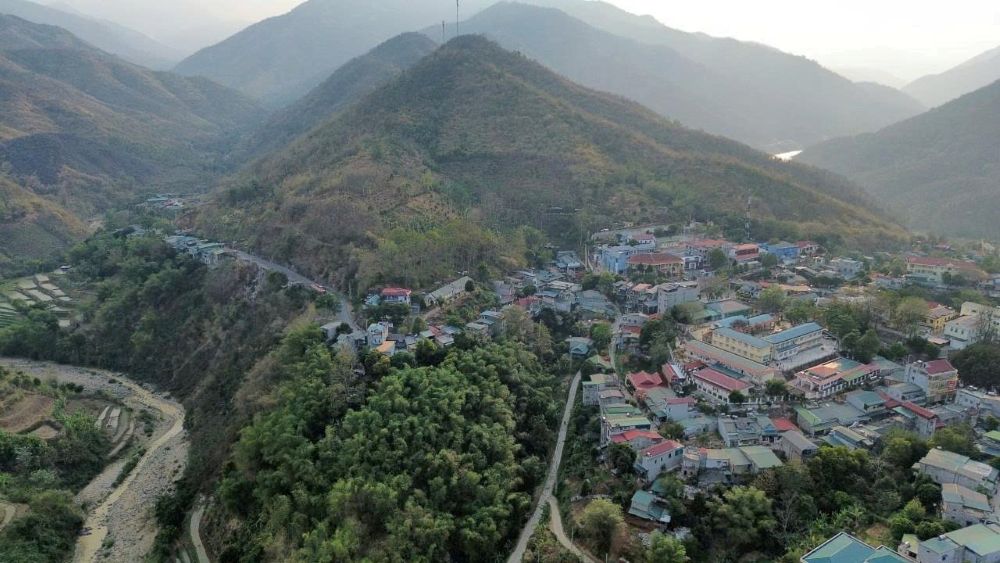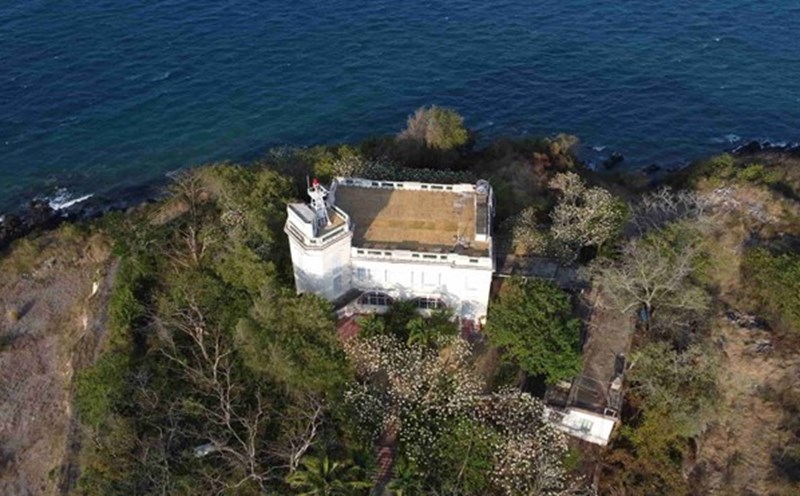On July 29, the Party Committee of Thanh Hoa Provincial People's Committee said that it had submitted a document to the Provincial Party Committee Standing Committee, asking for opinions on the draft Resolution regulating support policies for cadres, civil servants, and public employees who are mobilized, rotated, seconded, or volunteered to work in mountainous communes, in order to ensure sufficient human resources for public service after operating a two-level government.

According to the Provincial People's Committee, the rearrangement of administrative units in 2025 has led to differences in the arrangement of staff. Some communes and wards in the plains are lacking cadres, while many mountainous communes are lacking. In some places, there are only 10 to 15 cadres and civil servants working; many essential fields such as planning, land, accounting, information technology... have no one to take responsibility, greatly affecting the quality of service to the people.
From the above practice, the Provincial People's Committee will develop a support policy from the budget to attract capable and volunteer teams to work in mountainous communes.
The draft Resolution is divided into 2 support levels: Level 1: Support 1.75 times the basic salary/month for cadres working in 38 communes of the old mountainous districts including: Muong Lat, Quan Hoa, Quan Son, Lang Chanh, Ba Thuoc, Thuong Xuan.
Level 2: Support 1.25 times the basic salary/month for cadres working in 38 communes of the old districts including: Ngoc Lac, Thach Thanh, Cam Thuy, Nhu Thanh, Nhu Xuan.
The maximum support period is 3 years, corresponding to the time of mobilization, secondment or until the staff is assigned to the locality that is not eligible for support.
Beneficiaries include: cadres and civil servants in communes and wards with redundant numbers or voluntarily moving to mountainous areas; cadres of provincial departments, branches and sectors assigned to disadvantaged communes; and those who have previously been transferred to mountainous districts, now continue to be assigned to communes.
Thanh Hoa province plans to have about 360 people eligible for the policy, with a total budget of more than 15 billion VND/year from the budget. The Provincial People's Committee will issue specific instructions; the communes supported will make estimates and pay the regime according to the monthly salary period.
The development of this resolution is considered a suitable step, both solving the problem of local staff surplus and shortage and encouraging young staff with the ability to contribute in disadvantaged areas, contributing to stabilizing the apparatus after the arrangement and improving the quality of grassroots government activities.
According to the plan, the draft Resolution will be submitted to the Provincial People's Council for consideration at the 32nd session, term XVIII.










